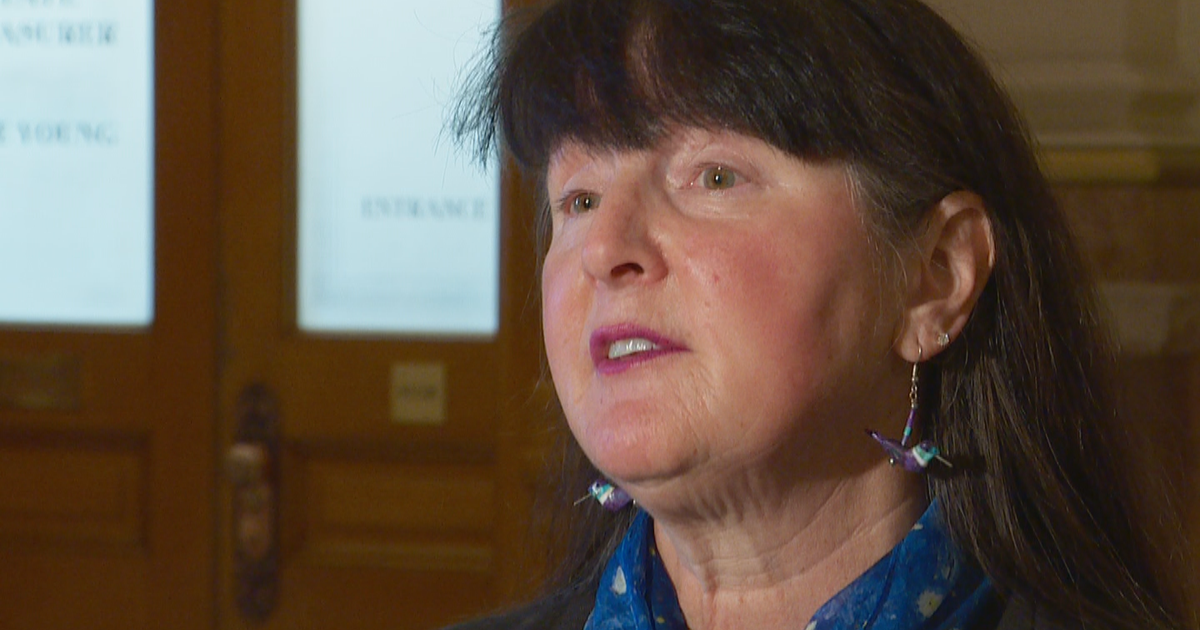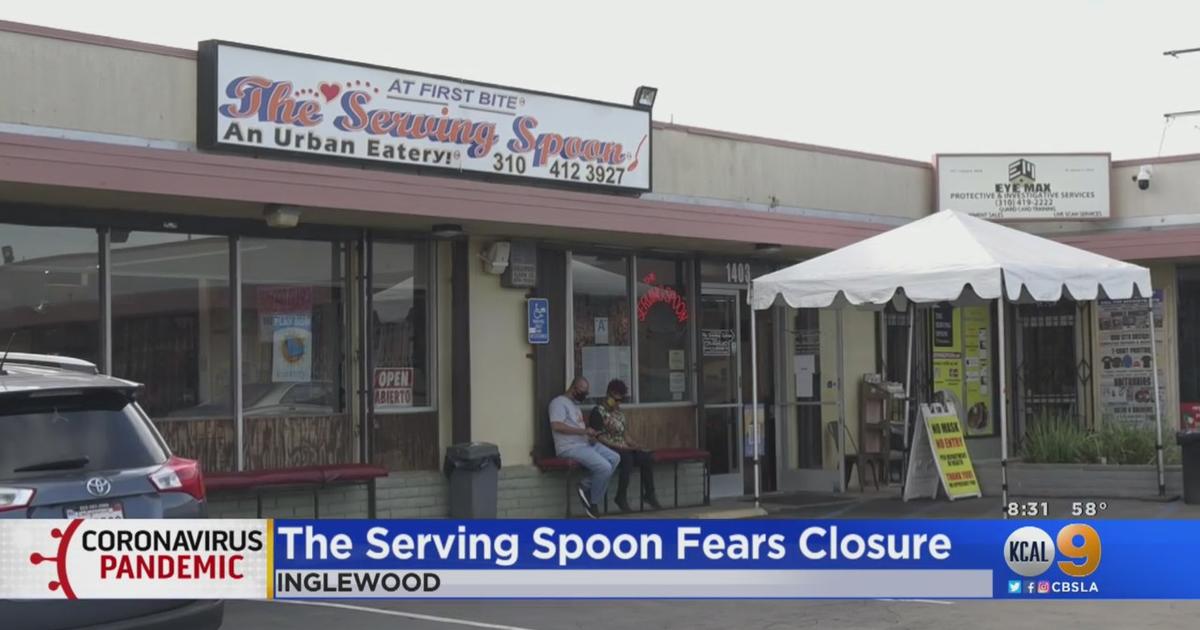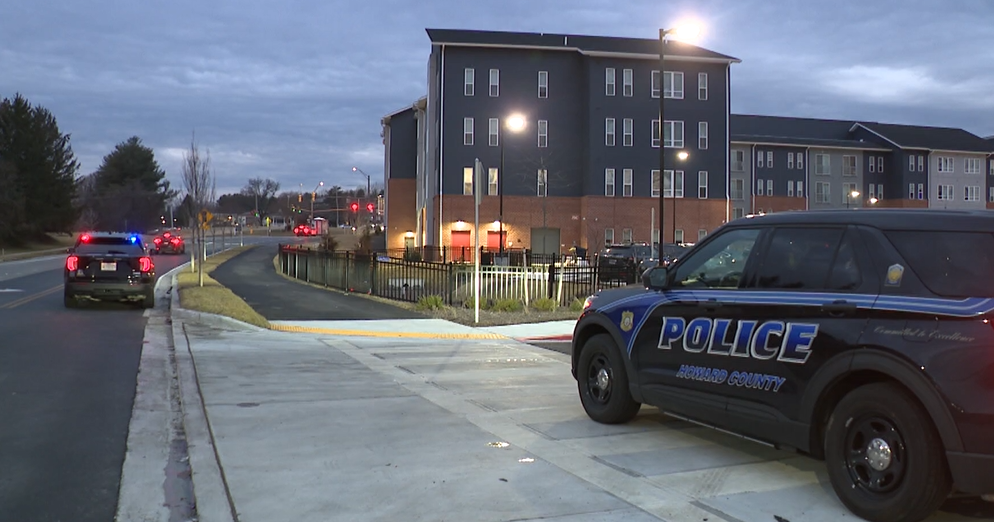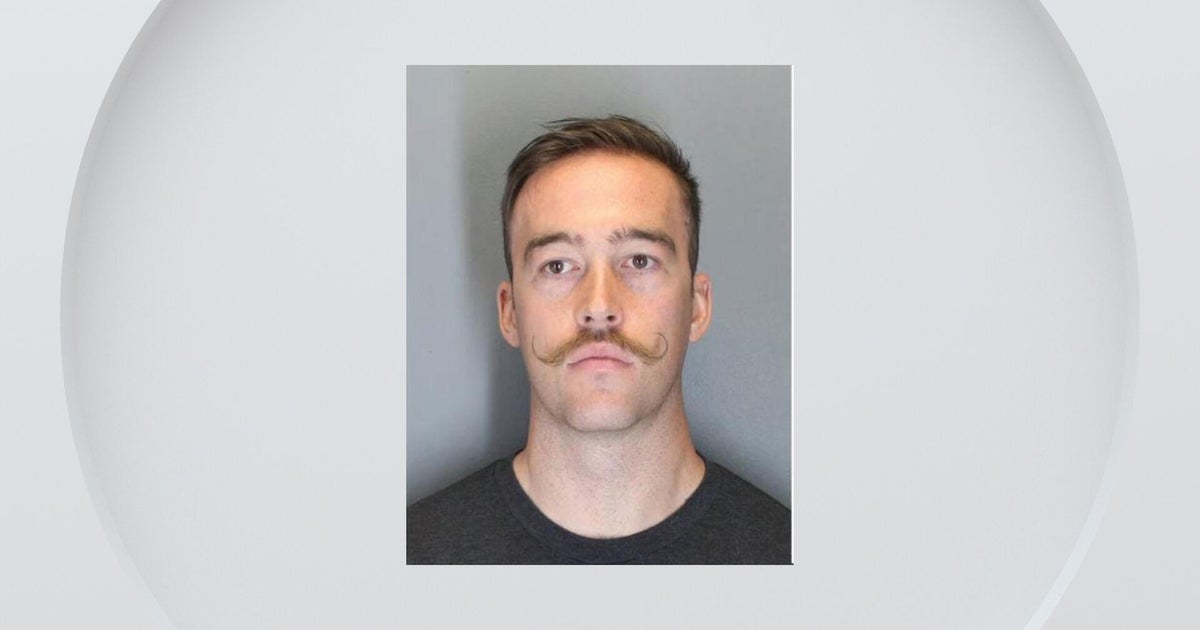Whistleblower Awarded $2.5M In Suit Against Chicago State
CHICAGO (STMW) -- In a case thought to be the first whistleblower claim under the state's decade-old ethics act, a Cook County Circuit Court jury has awarded a former Chicago State University employee $2.5 million in damages.
James Crowley, 47, CSU's former senior legal counsel, had alleged he was fired in retaliation for reporting university improprieties to Illinois' attorney general. He was awarded $2 million in punitive damages and $480,000 in back pay.
The jury on Feb. 18 also ordered CSU President Wayne Watson — named in the suit along with the school's board of trustees — to give Crowley his job back.
"I'm very grateful to be free of the false allegations made against me by the Watson administration, and that have negatively affected my career for the past four years," Crowley told the Chicago Sun-Times in an emailed statement. "Hopefully, this prevents them from treating other employees as badly as they've treated me."
CSU's trial attorney, Preston L. Pugh, said Wednesday he respected the judicial process but disagreed with the jury's decision and was considering an appeal.
CSU had maintained that Crowley was fired over misuse of university funds for personal parking, and that he directed scholarship funds to a friend, and bought an airline ticket and hotel room for that friend to go to a conference in Hawaii.
Crowley's lawyer, Anthony Pinelli, admitted that the parking was a mistake by his client, but he denied wrongdoing on any of the other issues alleged by CSU's internal auditor.
Watson remained adamant that the school had good reason to fire Crowley.
"As it relates to this specific case, there was no retaliation," he told the Sun-Times on Wednesday. "Presidents of universities have to make difficult decisions and many of them involve employment matters. This termination was for cause."
The case is thought the first filed under the State Officials and Employees Ethics Act of 2003. That law was designed to weed out corruption by public officials and protect state employee who were whistleblowers.
"We haven't seen a judgment like this," Natalie Bauer, a spokeswoman for Attorney General Lisa Madigan, said Wednesday.
Crowley's lawsuit had accused Watson of demanding that he withhold information being sought under the Freedom of Information Act, then firing him five months after Crowley complained to the attorney general about FOIA's and other improprieties.
Watson had retired from his job as chancellor of City Colleges of Chicago to steer CSU. He was contracted to take over on Aug. 1, 2009, but his start date was later moved to Oct. 1 because State University Retirement System rules required 60 days between university jobs for him to get his City Colleges pension. The lawsuit alleged Watson already was helming CSU during those 60 days and wanted to stymie FOIA requests about his status.
Pugh maintained on Wednesday that university officials' claims that Crowley's firing could not have been retaliatory because CSU had no knowledge of his visiting the attorney general. He emphasized that after the attorney general's office investigated Crowley's allegations, it made no findings against CSU.
But Pinelli said the punitive damages send a message.
"It's a really significant verdict in an employment case. It would hopefully deter any state agency employing people from retaliating against them for revealing wrongdoing," Pinelli said.
Under the state law, Cook County Circuit Court Judge James McCarthy may decide to double the back pay, add interest and/or order CSU to pay Crowley's attorney's fees when the case is back in court on March 11.
(Source: Sun-Times Media Wire © Chicago Sun-Times 2014. All Rights Reserved. This material may not be published, broadcast, rewritten, or redistributed.)







